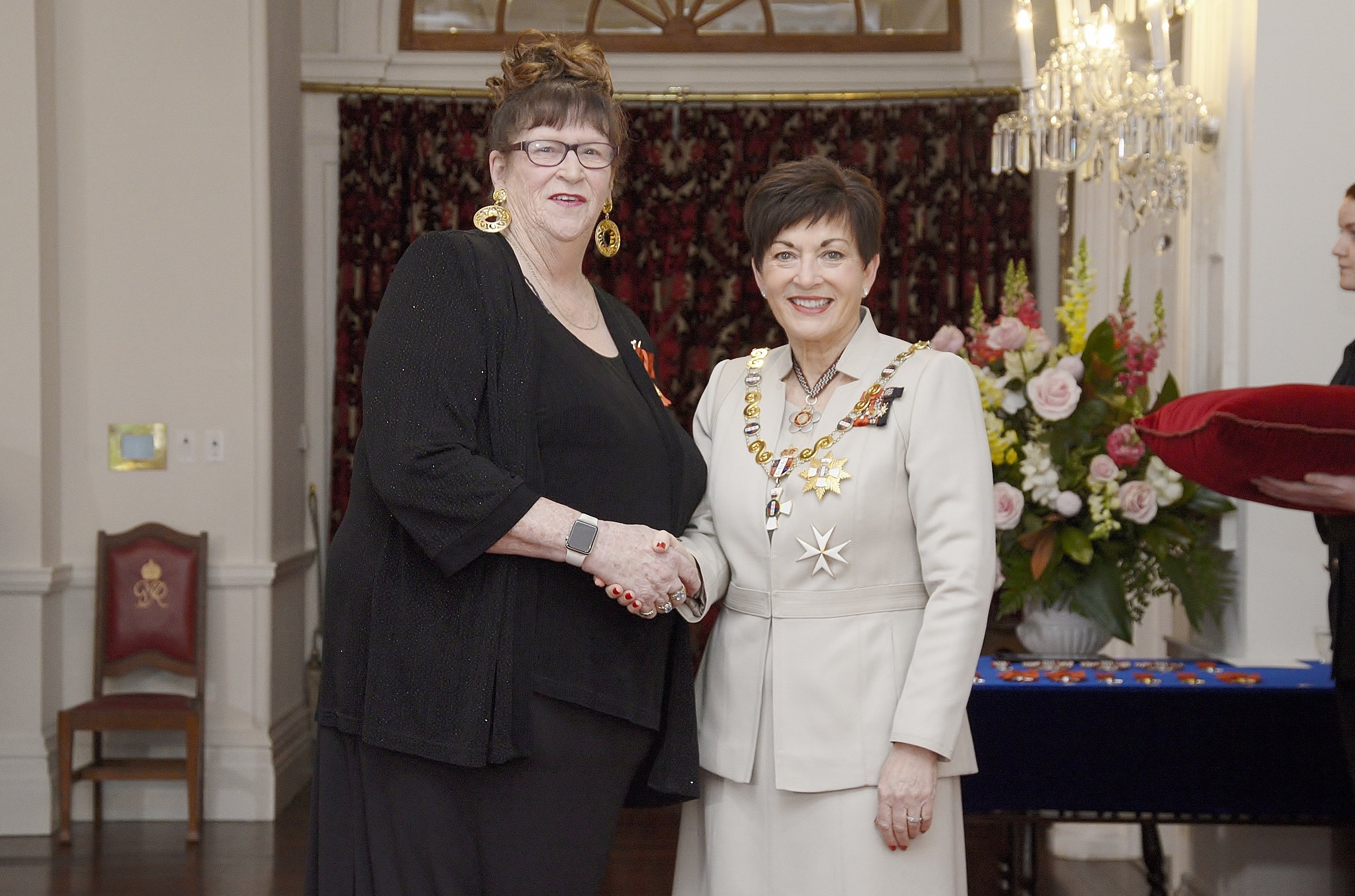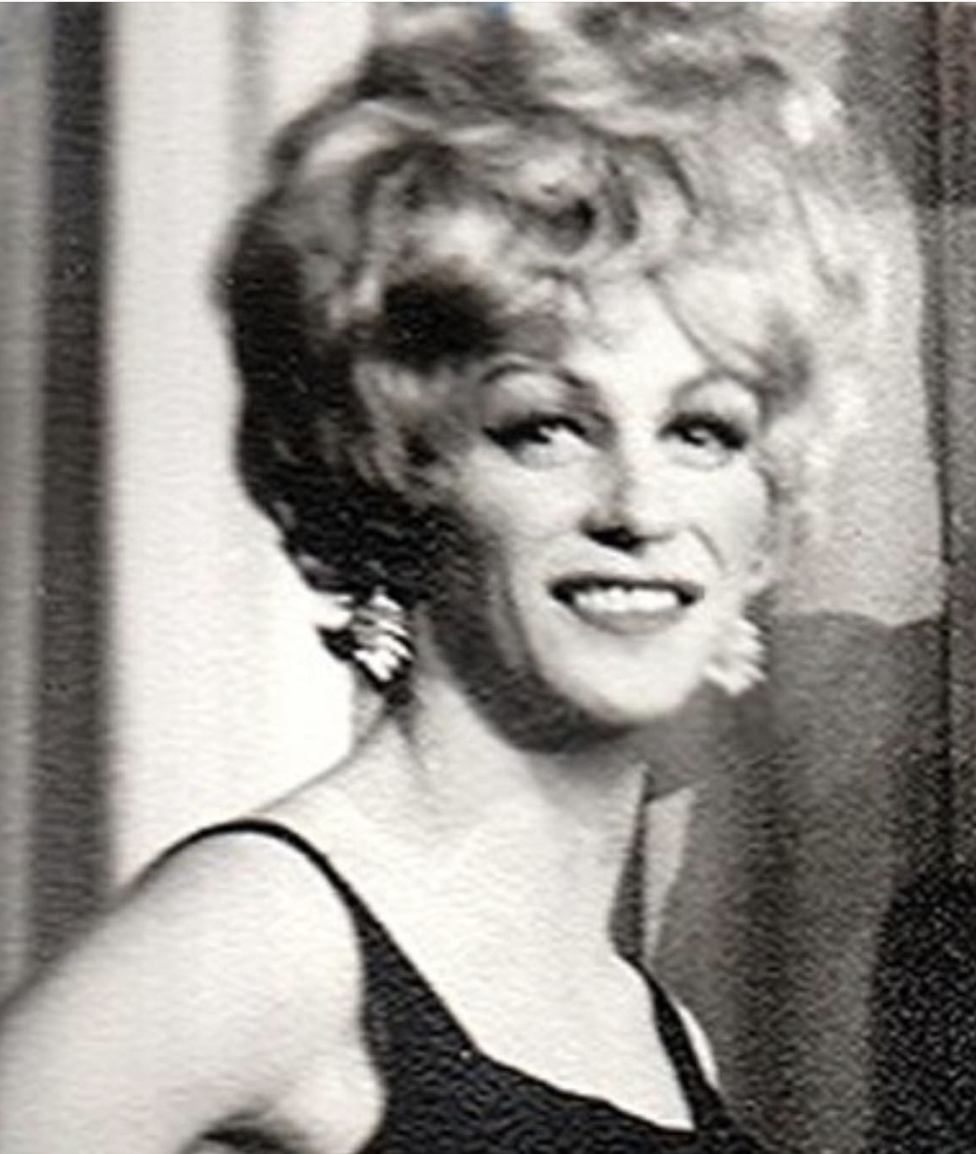(Left) Former Human Rights Review Tribunal member Jacquie Grant ONZM | Right Young New Zealander of the Year recipient Shaneel Lal.
The world’s first transgender woman to receive a Queen’s Royal Honour has accused an Auckland activist of causing more harm than good.
It follows ongoing media coverage of trans issues, which emerged after Posie Parker’s arrival in New Zealand.
Former Human Rights Review Tribunal member Jacquie Grant said it was deeply concerning how Shaneel Lal has used identity politics and the harmful need for self-promotion at the expense of already marginalised communities.
It follows revelations that Lal sent multiple hateful, racist, and homophobic tweets spanning several years prior to being awarded the title of Young New Zealander of the Year on Friday.
Honoured for her remarkable contributions to the community, Grant was appointed as a Member of the New Zealand Order of Merit in 1998 and later elevated to an Officer of the New Zealand Order of Merit in 2018.
While commending Lal’s anti-conversion therapy efforts, Grant said Lal had gone too far, causing alienation among a significant segment of the community without achieving any discernible benefits.”
“Shaneel is dividing the community and is an opportunistic narcissist,” Grant said.
Grant went on to say that Lal’s self-promoting victim card was an insult to the social progress that had been made, and Lal’s framing of trans issues, including playing off white trans people with coloured trans people, was “offensive and just plain wrong.”
Jacquie Grant with then Governor General of New Zealand Patsy Reddy at the investiture after being honoured as a Member of the New Zealand Order of Merit 2018
Grant, who turns 79 tomorrow, has a unique perspective on the struggles that the LGBTQ+ community has faced over the years, having grown up in Australia where being gay or trans was once illegal.
“By the time I was thirteen I was out of home shunned, and after a stint in a boys’ home I along with many other souls were on the streets of Kings Cross in drag trying to live the life.
”We were either hookers or drag show entertainers but that did not matter to the authorities.
”If you were seen on the street you were arrested, if your landlord found out you were in drag they would ring the police and you were arrested, if you were lucky enough to have got a real job but were sprung, your employer would call the police and you were arrested.”
Jacquie Grant in earlier days photo: Supplied
Grant said those were the easier parts of her experience in Australia.
”My first arrest was when I was just 14 (I told them I was 19) and ended up in Long Bay Jail in what was called the “Cats Yard” – the most demeaning place in the world, where your first introduction was being stripped and then having your head shaved.
”My next arrest was again for being in drag and then I had to spend 3 months in prison for the crime of offensive behaviour (being in drag).
Three months meant being sent to the cats’ jail otherwise known as Cooma Jail – and it was here where conversion therapy was pushed. Luckily for me, I wasn’t a candidate for whatever reason.”
Grant has spent her life fighting for equality.
“My story is not much different to many from my era and I am happy to say many of us have broken so many glass ceilings over the last 60 or so years.”
“I became the first trans to be approved as a foster parent in New Zealand, I was elected to a Council at the same time my friend Georgie [Georgina Beyer] was elected Mayor.
“I started several gay clubs in Auckland, and the first exclusive gay coffee bar on Upper Queen Street. I have always had my own businesses and currently I own a manufacturing and export business. I served on the Grey Council for two terms, and sat on the New Zealand Human Rights Review Tribunal for 9 years.”
Grant said “meaningful dialogue has always seemed to be the right way to go. But for Shaneel to make statements like white trans have downtrodden people of colour trans is downright offensive and just so wrong.”
“We all mixed and work together. We just never saw any difference in the colour of our skin.
In fact, if it wasn’t for the Maori and Pacific Island drag queens taking us Aussie refugees under their wings, things would have been so much harder,” Grant said.
“Back in those days we didn’t see the colour of anyone’s skin being any sort of barrier and to state as Shaneel has that white queens stood over people of colour is a figment of a very vivid imagination.”
Grant was a finalist in The New Zealander of the Year awards a couple of years ago with another prominent trans woman friend from Auckland.
“Maybe neither of us abused enough people to make the cut.”










